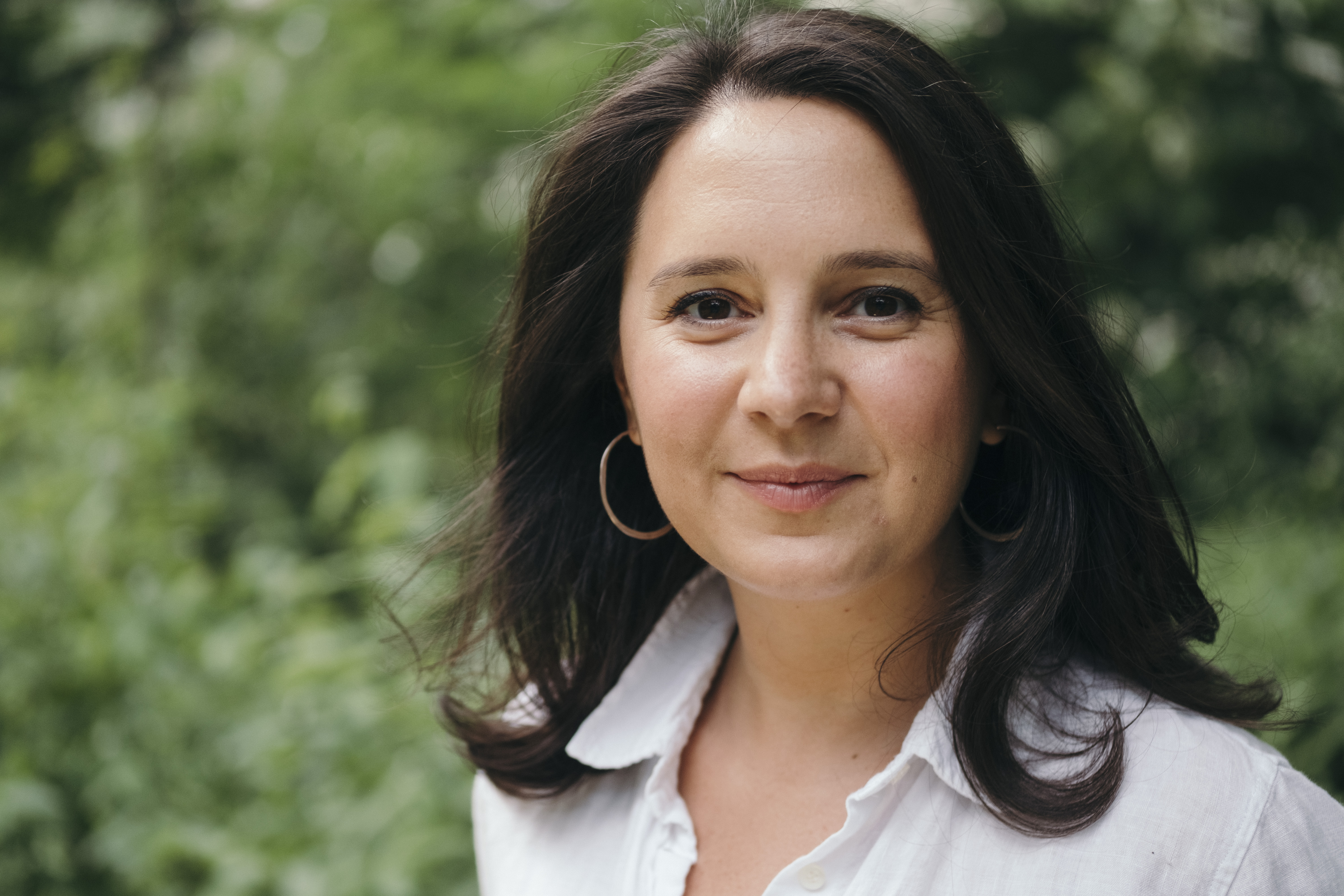 Bari Weiss. Photo by Sam Bloom
Bari Weiss. Photo by Sam Bloom New York Times opinion editor and writer Bari Weiss discussed her new book, “How to Fight Anti-Semitism,” at the Skirball Cultural Center, on Sept. 22. The provocative writer appeared in conversation with “Mad Men” creator Matthew Weiner. Before a sold-out crowd, they spoke about Weiss’ book, which says that contemporary anti-Semitism comes from the far-right, the far-left and from radical Islam.
Following the discussion, which was organized by Writers Bloc, Weiss sat down for an interview with the Journal. The following is an edited transcript of the conversation.
Jewish Journal (JJ): Why do you advocate so strongly for Israel?
Bari Weiss (BW): It is my job as a journalist–and certainly a journalist with the platform I have–to tell the truth about things that are shrouded in conspiracy or that are lied about. Israel is one such topic. So I’m just doing my job. But I think you are asking a deeper question [which is] ‘Why do I care about Israel?’
JJ: Yes. Can you explain?
BW: I am of the strong view that Israel’s existence makes the lives of diaspora Jews far more secure. I think it is a delusion to think otherwise. I also think, just from a historical perspective, that the fact that we are alive during the Jewish return to political sovereignty is remarkable. I think about that a lot.
I consider my job as an outspoken Jewish Zionist to be a) defending Israel but also in the same way being an American patriot is about criticizing this president, part of being a Zionist is criticizing Israeli policy when it’s harming Israel and betraying Jewish values. So I pride myself on doing that, too, in my columns.
JJ: Yet you still are opposed to Trump, who supports Israel. How can that be?
BW: No policy is worth the price of what Trump is fundamentally doing to our culture and our politics, and what he is doing to our culture and politics is fundamentally making America less safe for everyone, including Jews. Policies can be unraveled by the next president. The thing that cannot be made whole again so easily once it’s broken is the breakdown of decency, of civility, of the belief that someone of a different skin color or who was born in a different country is just as American as someone who is white and whose family came here on the mayflower. He is calling those bedrock values into question and that is unbelievably dangerous.
JJ: What is it like working at the New York Times, which has a reputation for having a bias against Israel?
BW: What you see tonight and what you see in my columns is only part of what my job is. I’m also a commissioning editor, so I am in the mix when we try to figure out what deserves to run in our pages. We’re trying to do something that increasingly is unique in the news business, which is we have an op-ed page with editors with some diversity of views. That is something we pride ourselves on, especially in a news environment where it’s very easy to find the pages where everyone agrees.
JJ: How do you handle criticism on Twitter?
BW: I mute people. I try to limit my time I am very lucky to be surrounded in my actual life, in the real world, by people who know me and love me and understand that there’s an avatar not just of me but, increasingly, of everyone. I’m maybe a prime example of that but that is just one of the terrifying things about social media in general, which is there are real people in the world and there’s a two-dimensional version of them.
JJ: You call yourself center-left but your view sounds more to the right. Can you explain how you reconcile that?
BW: If you go down the list of policies i support, that is where I come down. But to be honest, I don’t spend that much time labeling myself anymore, because it’s useless. The markers are changing so rapidly. You have Tucker Carlson making Elizabeth Warren’s arguments on Fox at night, economically speaking, so—things are just changing so rapidly that you can call me whatever you want. I really don’t care.























 More news and opinions than at a Shabbat dinner, right in your inbox.
More news and opinions than at a Shabbat dinner, right in your inbox.